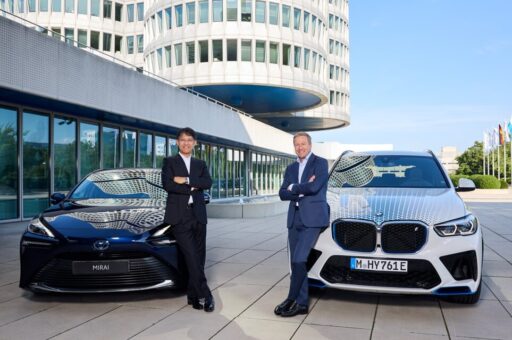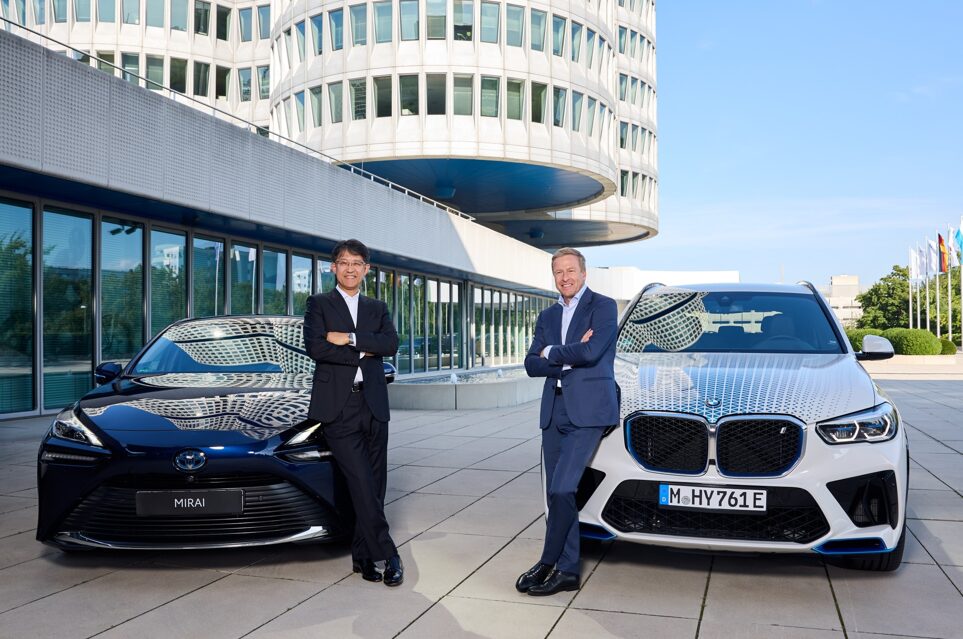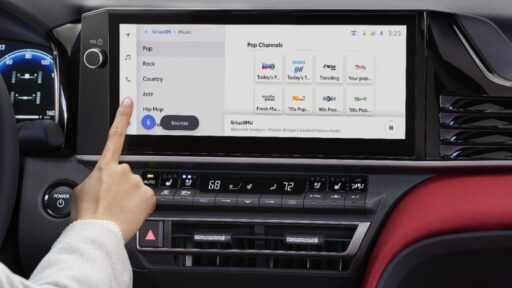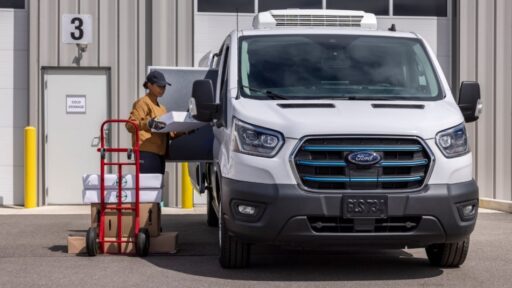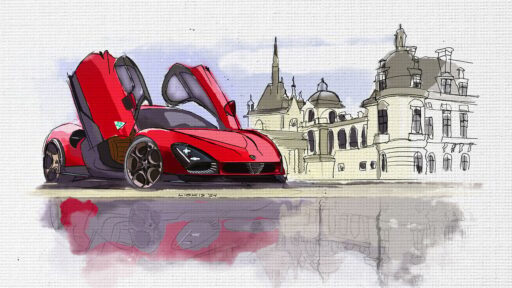BMW is set to launch its first series production fuel cell electric vehicle (FCEV) in 2028, expanding its all-electric powertrain options with a hydrogen-powered, zero-emission model.
In collaboration with Toyota, both companies are working to bring a new generation of fuel cell technology to the roads, aiming to advance the hydrogen economy.
This partnership builds on over a decade of cooperation between BMW and Toyota, focusing on shared technological expertise and a commitment to carbon-neutral mobility.
READ MORE: BMW M Unveils Hybrid-Powered M5 MotoGP™ Safety Car in Milan
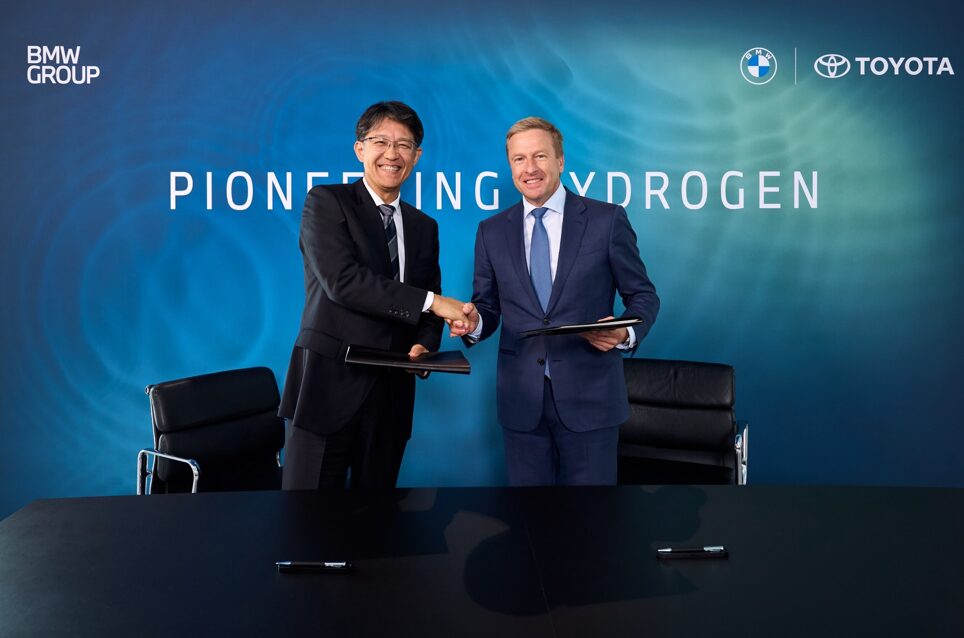
The new FCEV powertrain, developed jointly by BMW and Toyota, will feature next-generation fuel cell systems that will be used in individual models from both automakers.
By pooling resources, the companies hope to reduce the costs of fuel cell technology and make hydrogen-powered vehicles more accessible to consumers. The hydrogen models will retain the distinct identities of both brands, offering customers an additional zero-emission driving option.
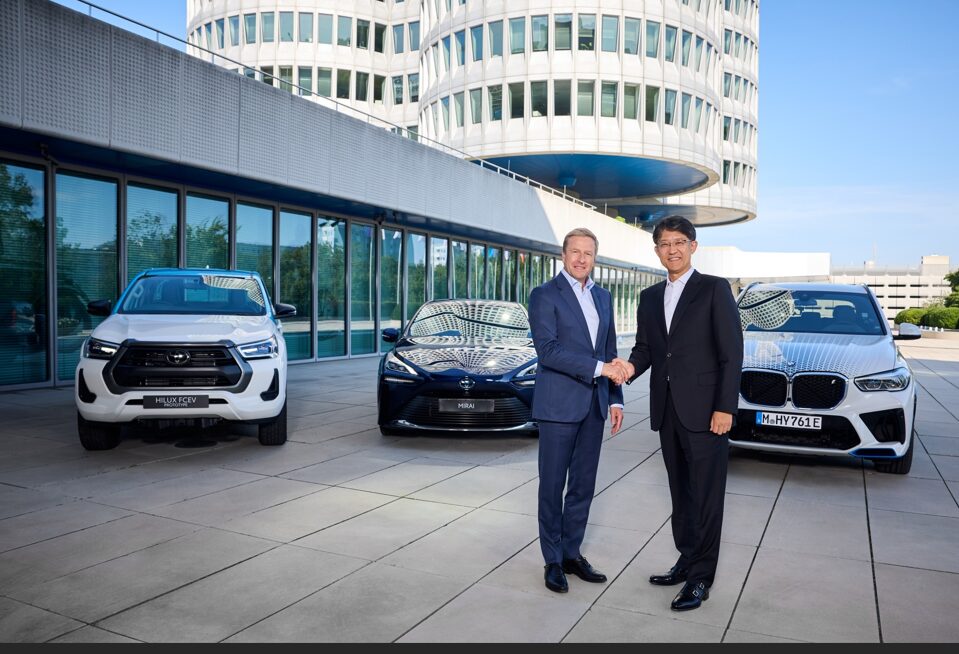
BMW plans to integrate its hydrogen-powered models into its existing lineup, complementing its battery electric vehicles (BEV) and plug-in hybrids (PHEV). After testing the BMW iX5 Hydrogen pilot fleet globally, BMW is preparing for series production using the new fuel cell technology.
The collaboration also extends to developing the infrastructure necessary for hydrogen mobility, including refuelling stations and sustainable hydrogen supply chains. Both companies are advocating for government support to drive the adoption of hydrogen technology as a crucial component of future sustainable transportation.
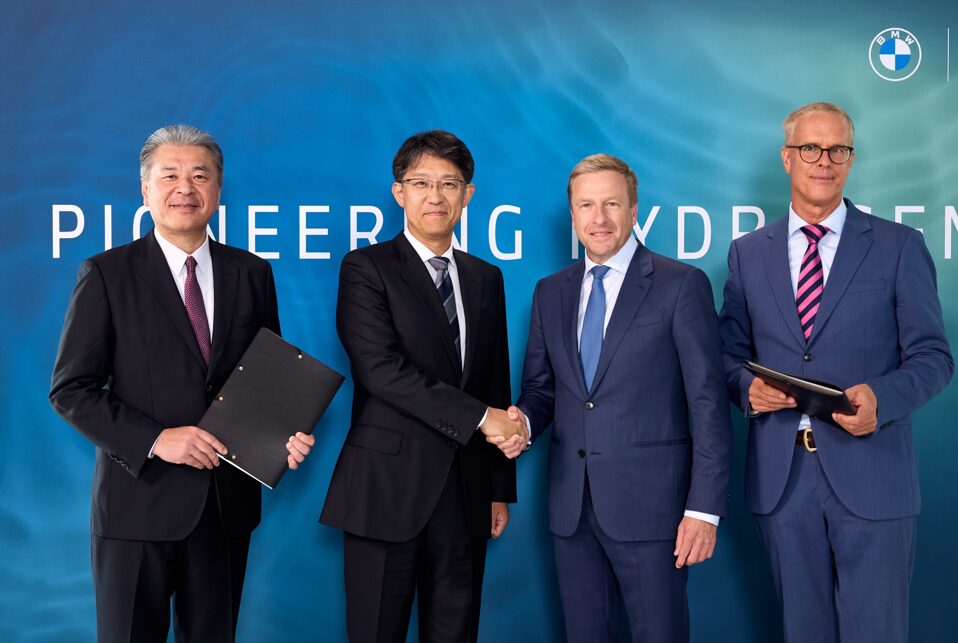
Hydrogen, seen as a key element in decarbonization, can store renewable energy, balancing supply and demand while supporting the broader integration of green energy. With this venture, BMW and Toyota are positioning hydrogen as a vital solution alongside other electric mobility technologies.
Subscribe today for the freshest car news delivered to your inbox
